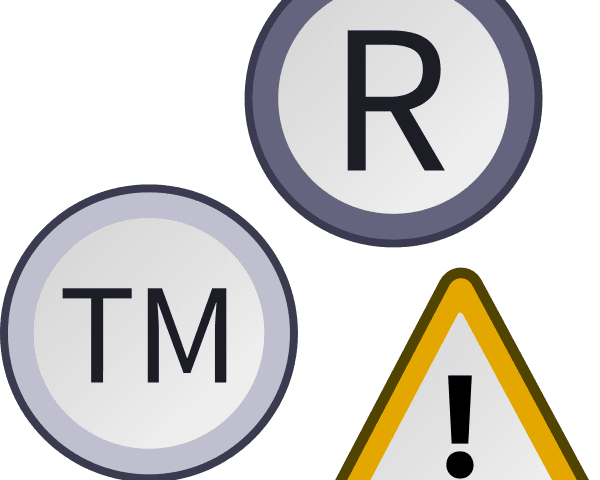As all of you may be aware, we have been covering all latest developments about the hasty mass abandonment of trademark applications by the Trade Mark Registry on a regular basis. As per the Registry, such action was taken due to the non-receipt of trademark responses to Examination Reports, within the statutory limit of 30 days.
Earlier this week we reported about the public notice issued by the Controller General of Patents Trademarks and Designs stating the following-
“It is…









